- +033 2572 7171
- info@dhanvantary.com

4.5 Rating | 4500 Review

4.5 Rating | 4500 Review
Alzheimer's disease is a brain disorder that slowly destroys memory, thinking skills, and eventually the ability to carry out simple daily tasks. It’s the most common cause of dementia, a general term for memory loss and other cognitive difficulties serious enough to in Causaterfere with daily life.
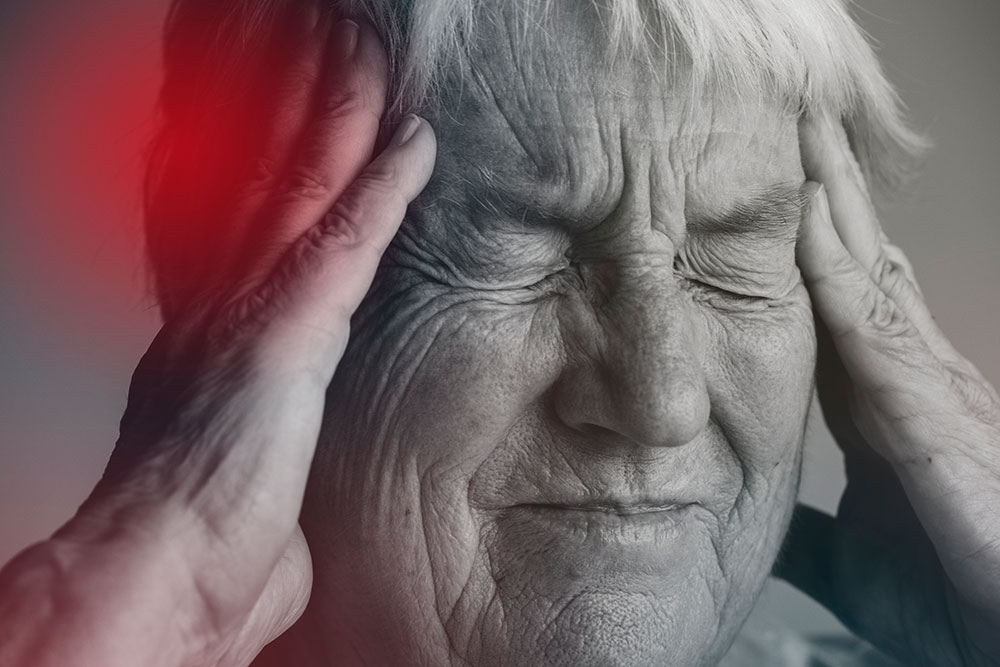
As per Ayurveda, Alzheimer’s is associated with vata dosha imbalance, particularly a condition known as Smriti Bhramsha (loss of memory). Ayurveda views the mind and body as connected, with mental health influenced by physical and spiritual well-being. Factors like poor diet, stress, and an imbalance in doshas (especially vata) are seen as contributing causes.
The exact cause of Alzheimer's isn’t fully understood, but it involves abnormal changes in the brain. Key factors are:
The symptoms of Alzheimer's disease progress gradually over time, typically starting mild and becoming severe. Common symptoms include:
Panchakarma: Detoxifying treatments like Shirodhara , Shiro-pichu, nasya (nasal therapy) and abhyanga (therapeutic massage) help balance doshas.
Diet and Lifestyle: Emphasis is placed on a nourishing diet, regular sleep, yoga, and meditation to balance vata and strengthen brain health.
Rasayana therapy: Rejuvenation therapies aim to promote longevity and support mental clarity and memory.
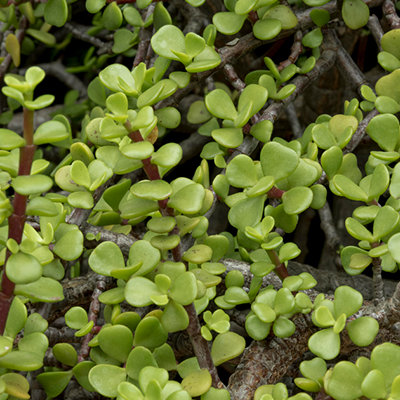
Brahmi has properties to improve memory and reducing anxiety, Brahmi is considered one of the best herbs for cognitive support. Studies suggest it may improve memory retention and protect against neural degeneration.
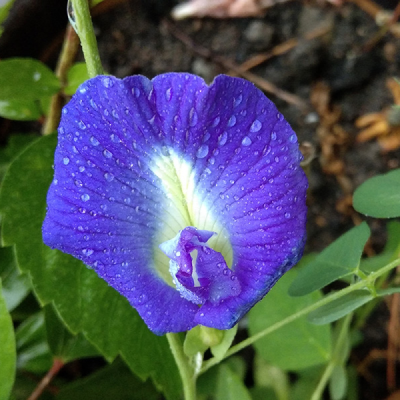
Known as a memory booster, Shankhapushpi is used to enhance cognitive function and reduce mental fatigue. It’s thought to improve concentration and learning abilities.
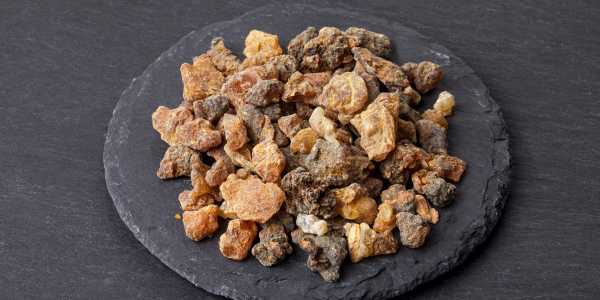
This herb is sometimes used in Ayurvedic medicine for its anti-inflammatory properties. It may help in reducing the build-up of amyloid plaques associated with Alzheimer's.
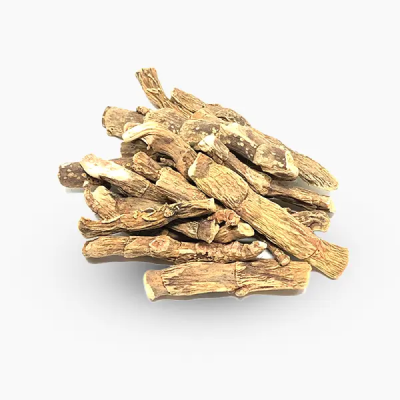
Vacha has a long history in Ayurveda for enhancing clarity and reducing mental fog. It may offer neuro-protective effects, although it should be used cautiously due to some toxicity concerns in large doses.
